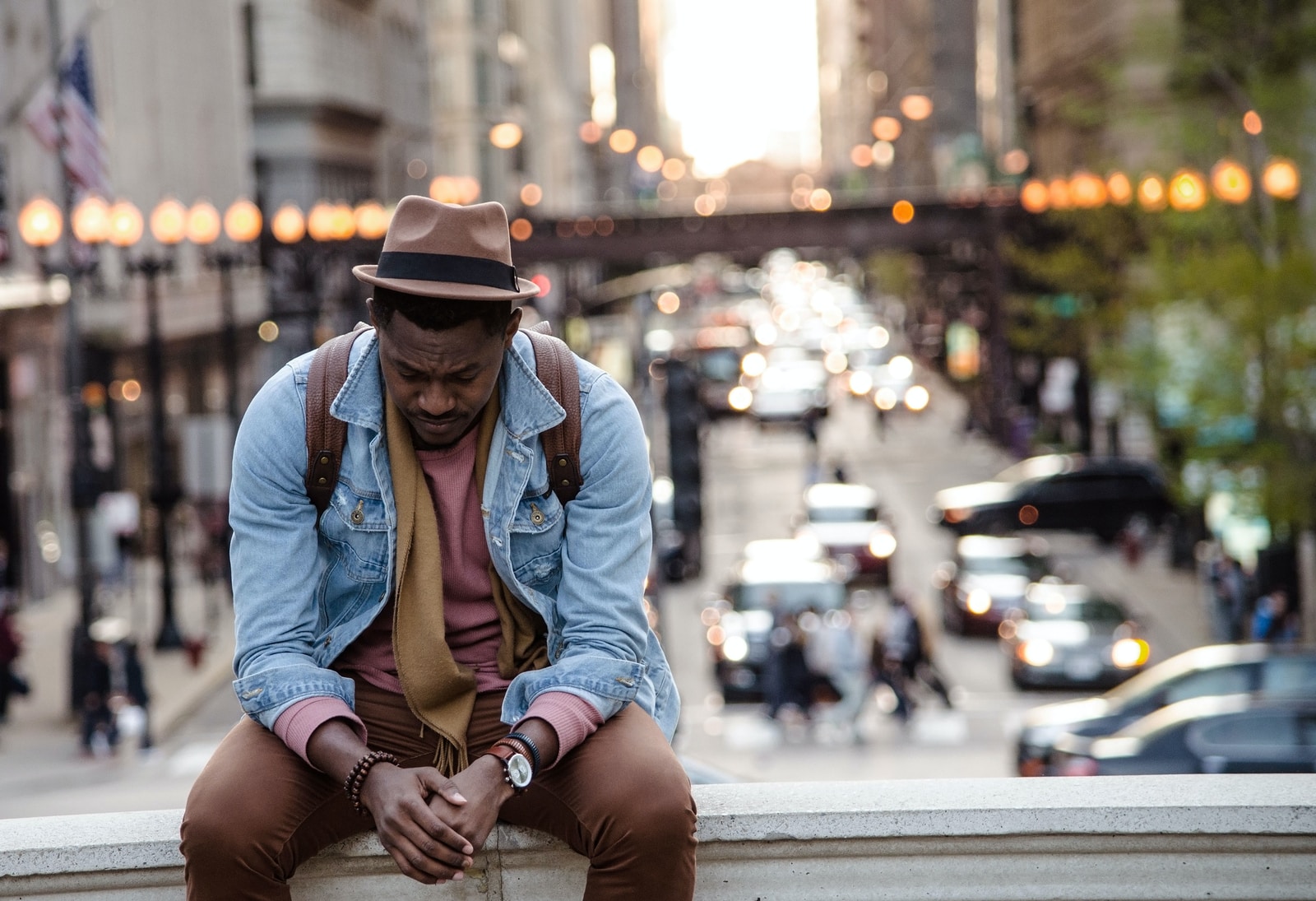When we work with couples at Cornerstone of Hope, we usually talk about ways in which men and women grieve differently. It can be all too easy for the couple to experience their differences in grieving style and then think the other person is not grieving, or is grieving “wrong.” We first try to help the couple understand there is a difference in how people grieve. Grief is a personal journey, but there can be differences in how men and women grieve. These differences do not necessarily apply to all men or all women, but there are patterns that tend to exist.
For example, some women can be more comfortable expressing their grief outwardly, through tears and talking about their feelings. Some women can be more social with their feelings, and find comfort in finding someone to listen and understand. Some women can be more comfortable having strong emotions and expressing them.
Some men are more comfortable being alone in their feelings and may grieve silently. Men can tend to express their grief in physical ways more so than women. A man may start a new project to occupy himself, and this does not mean that he is not feeling his feelings. Some men are more comfortable putting their feelings into motion, and it is often during an activity that a man may feel more comfortable expressing feelings, especially with other men.
Men may need other men to talk with and to grieve with, men who understand from a male perspective what they are going through. It is not so much that men want to grieve alone, it can be more that they sometimes do not know where or how to connect. Events such as “Men Grieve Too”, an evening of fellowship and support for men who have lost a loved one, can be very helpful.
